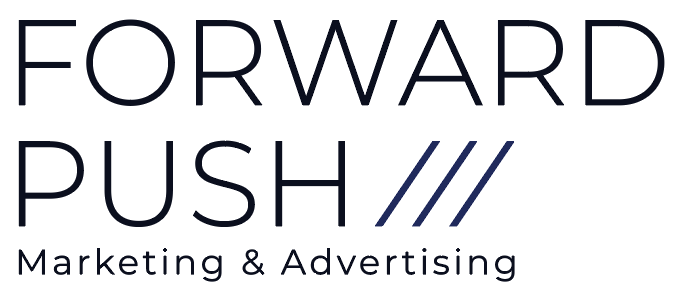Ranking on Google’s first page is every company’s goal, whether they say it out loud or not. These companies know that with an online presence, that coveted first page spot (ideally towards the top) is the only place to be.
Thankfully, Google has shared some information on how to get there. It comes in the form of EAT, which has very little to do with actual food and more to do with your website’s content.
In this article, we’re going to cover just what exactly EAT is, how it applies to different types of websites, how to apply it to your own website, as well as two examples of an excellent EAT plan in action. Let’s get started!
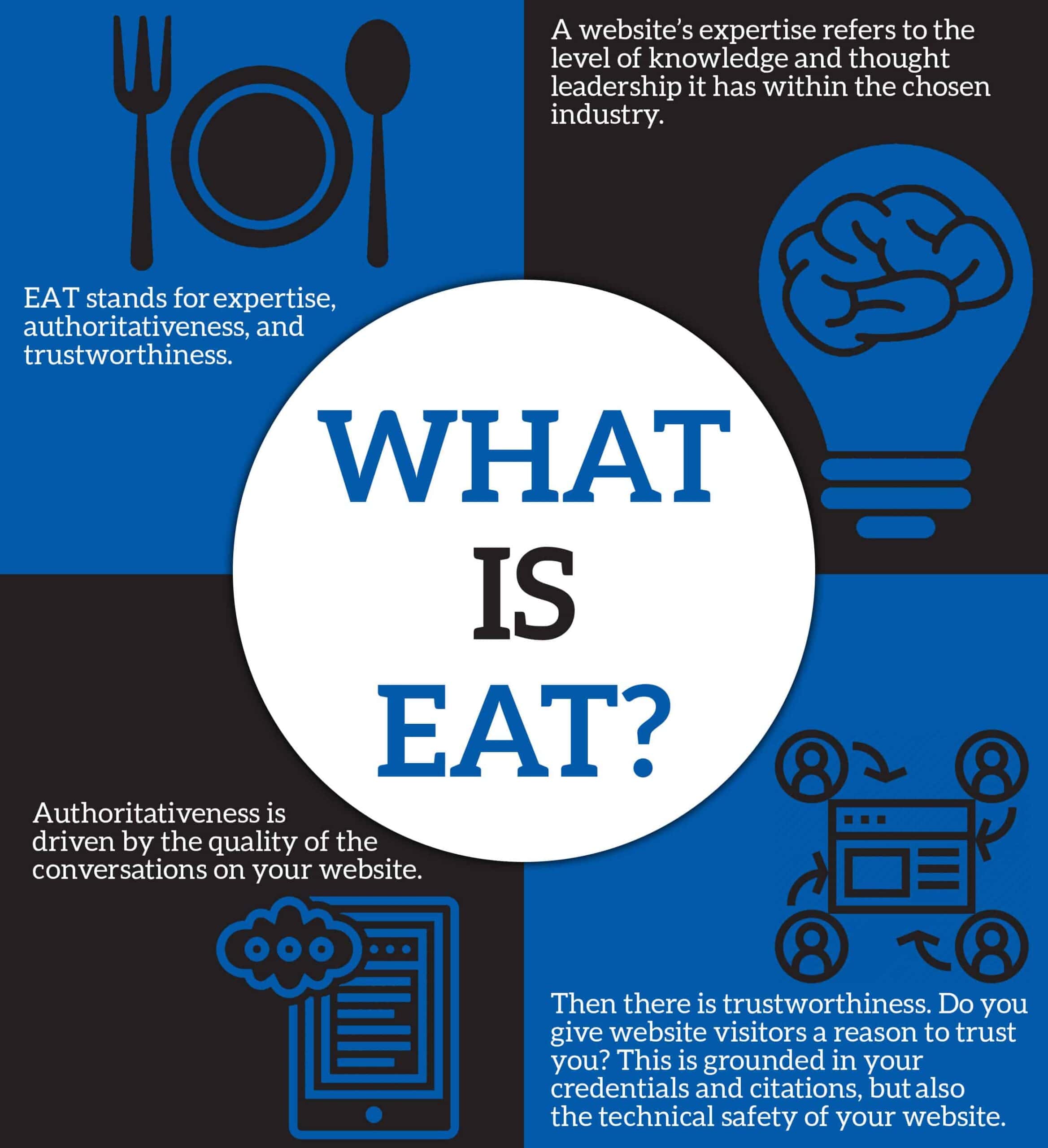
Understanding Google’s SEO-Driven EAT Requirements
EAT stands for expertise, authoritativeness, and trustworthiness. A website’s expertise refers to the level of knowledge and thought leadership it has within the chosen industry. For example, Gary Vee’s website has expertise within the entrepreneurship, marketing, and branding industries. (We’ll be showing some examples below.)
Authoritativeness is driven by the quality of the conversations on your website. Your expertise can help drive your authoritativeness, but review and discussion threads with engaging content also support it.
Then there is trustworthiness. Do you give website visitors a reason to trust you? This is grounded in your credentials and citations, but also the technical safety of your website. Ensure you have an SSL certificate installed on your website so users feel safe browsing and purchasing.
Google has stated that every website has an EAT rating, but they’ve stayed quiet on how the rating system works aside from the basics we’ve just covered. At this time, there’s no way to log on and see your score.
However, just knowing that this exists and its importance to Google should be enough to motivated you to get started.
And if you have a financial or health-related website, this is even more important.
Why This Applies to Google’s YMYL Update
Google’s YMYL update refers to Your Money, Your Life websites. This refers to those that deal with financial or medical topics. These two industries are filled with entities who want to take advantage of financially and medically fragile people.
Emphasizing the expertise, authoritativeness, and trustworthiness of a financial or medical website is key to improving its ranking on Google.
These two industries also have the most sensitive information from consumers, and also induce stress and anxiety which can cause people to ignore common warning signs. This algorithmic update supports websites who meet the correct EAT score, and penalizes those who don’t.
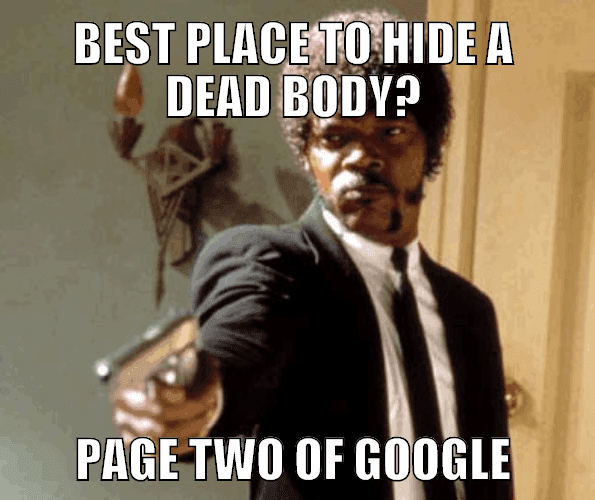
You know that saying, “if you want to hide a dead body, put in on page two of Google’s search results?”
By impacting these sketchy websites’ SEO ranking, Google is supporting organizations who prioritize expertise, authoritativeness, and trustworthiness in their content.
So, should you follow the EAT principles even if your business doesn’t fall within the YMYL guidelines? Definitely. It’s a valuable guideline for both current SEO and marketing practices.
EAT-ing Your SEO as a Non-YMYL Website
Your website is a breathing web of content. It should be frequently updated with high-quality and engaging articles, FAQs, and other content that your target audience finds valuable. Even if you aren’t in the financial or medical communities, maintaining authority in your industry will always help your ranking.
Now that we’ve established how EAT applies to YMYL and non-YMYL websites, let’s review how we can begin implementing these changes.
How Do We EAT Our SEO?
We EAT our SEO when we focus on high-quality content that establishes our authority in our niche.
This article is the perfect example. We’re sharing information relevant to our target audience, those who are looking to improve their website’s ranking.
We focus on building backlinks to our website through features and guest blogs, and publish content regularly that focuses on our target demographic.
To start EATing Your SEO, focus on these three core areas:
- Publish high-quality content that’s relevant to your niche.
- Work on SEO basics like backlinking, SSL certificates, and working internal links.
- Establish your authority early in a user’s visit, like on the home page towards the top.
We’re visual people, which is why we’ve pulled examples to give you an idea of what to make as your goal.
The first is a non-YMYL website that is still following the ideal guidelines, and the other is a YMYL website that embraces each component.
Examples of Websites EATing Their Competition
We mentioned Gary Vee earlier and for good reason. When you visit his website, you’ll see content that speaks to his expertise, authoritativeness, and trustworthiness. He’s not in the financial or medical space, but his content supports the same ideals, helping him have maximum reach and better ranking than if focusing on publishing content without a clear vision.
A page for first-time visitors establishing his credibility, and it also has an SSL certificate for website security.
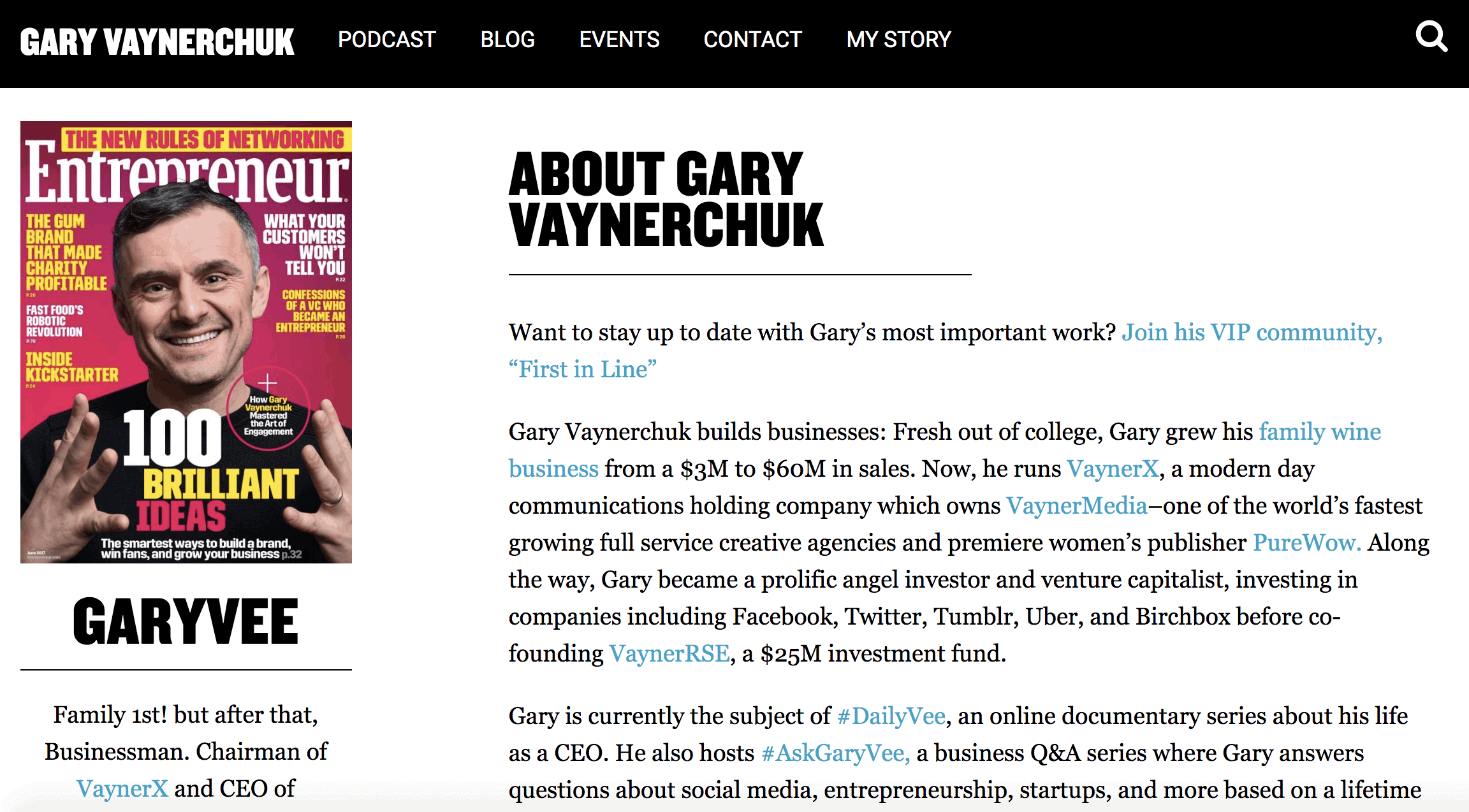
A list of news outlets where he’s appeared further establishes his expertise.

And a blog filled with tips on how to improve your personal brand or a company’s marketing strategy.
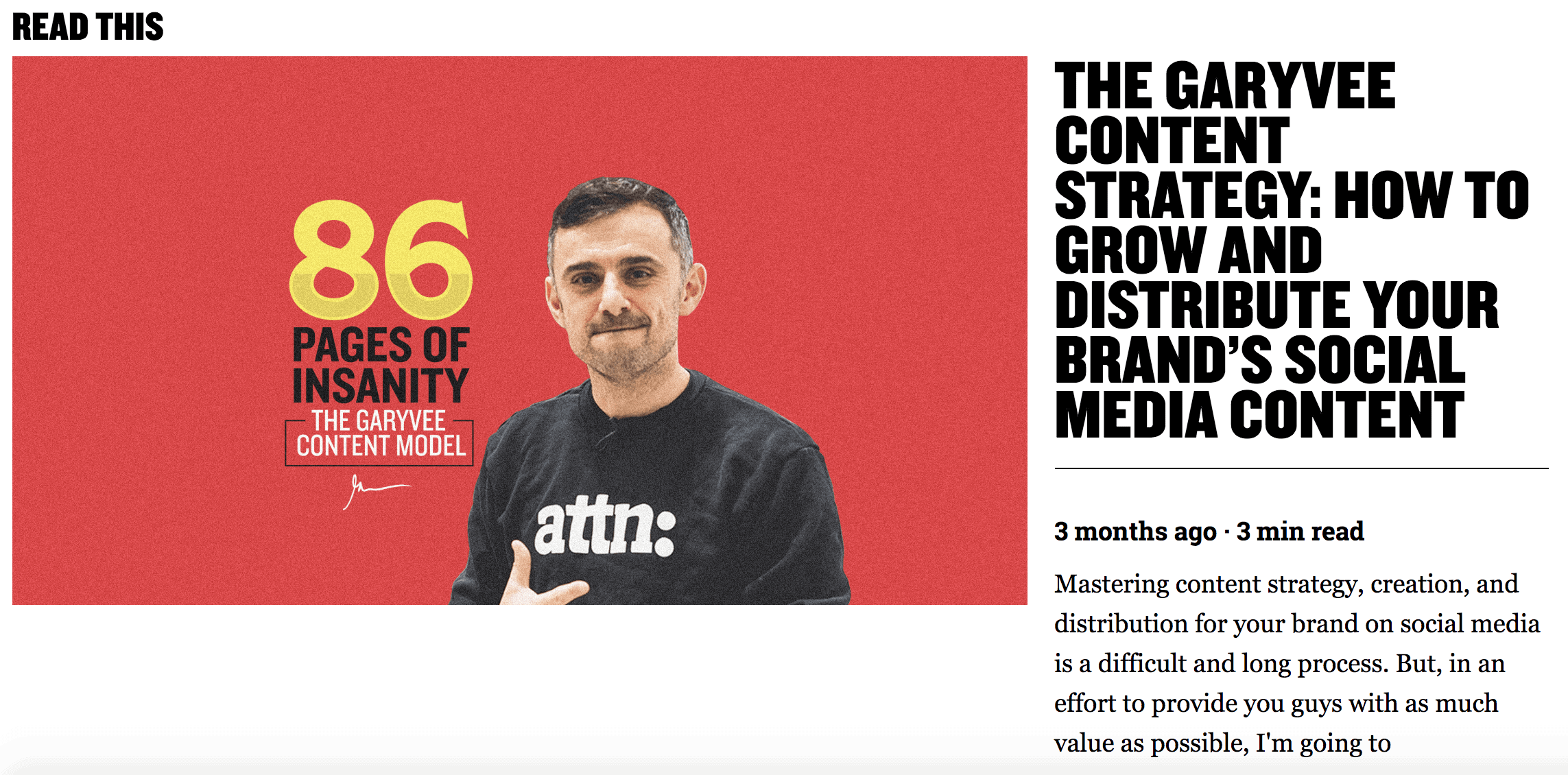
We also wanted to show an example from within the financial or medical industry. Dr. Andrew Weil is a well-known integrative medicine doctor who has a website filled with informative content for those interested in alternative ways to heal. His website also follows the EAT principles.
He states his expertise on the home page at the very top, and he also has an SSL certificate for security.
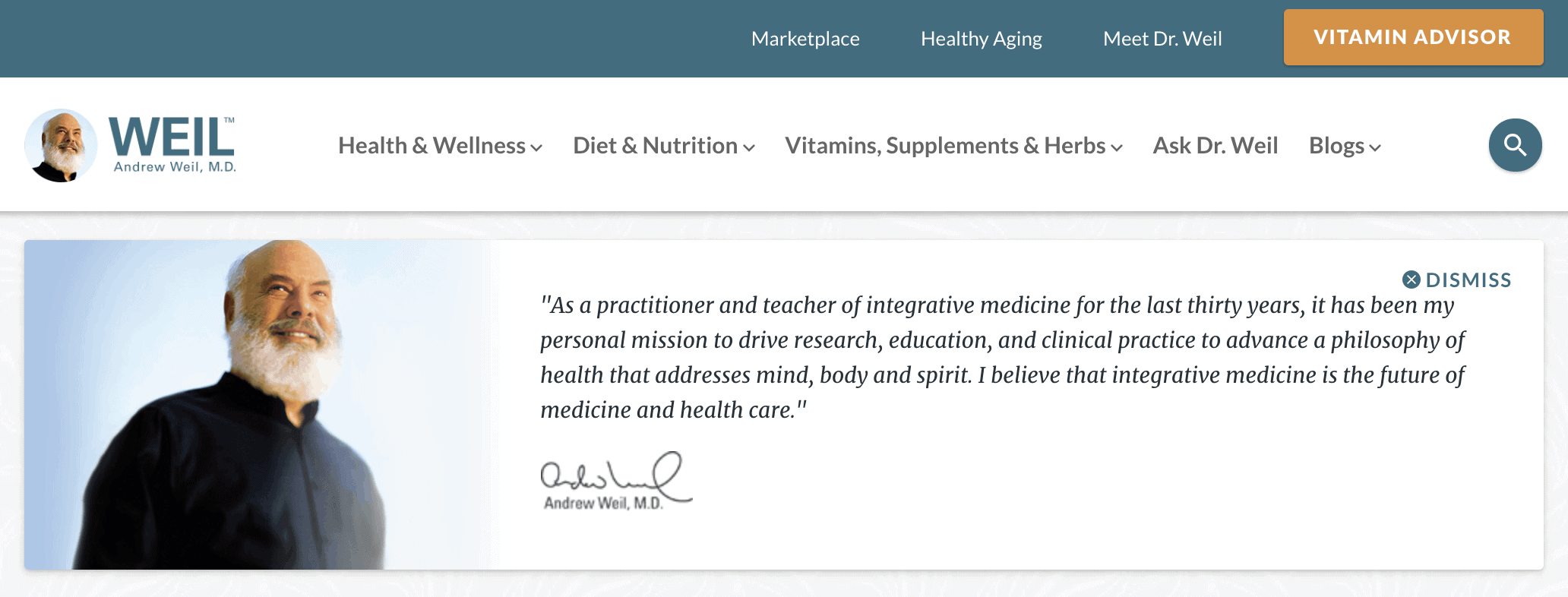
He also has a disclaimer in the website’s footer, which protects him and clarifies the type of information visitors can expect to see.

The website is also a wealth of information, including everything those interested in integrative medicine, healthy living, and cooking.
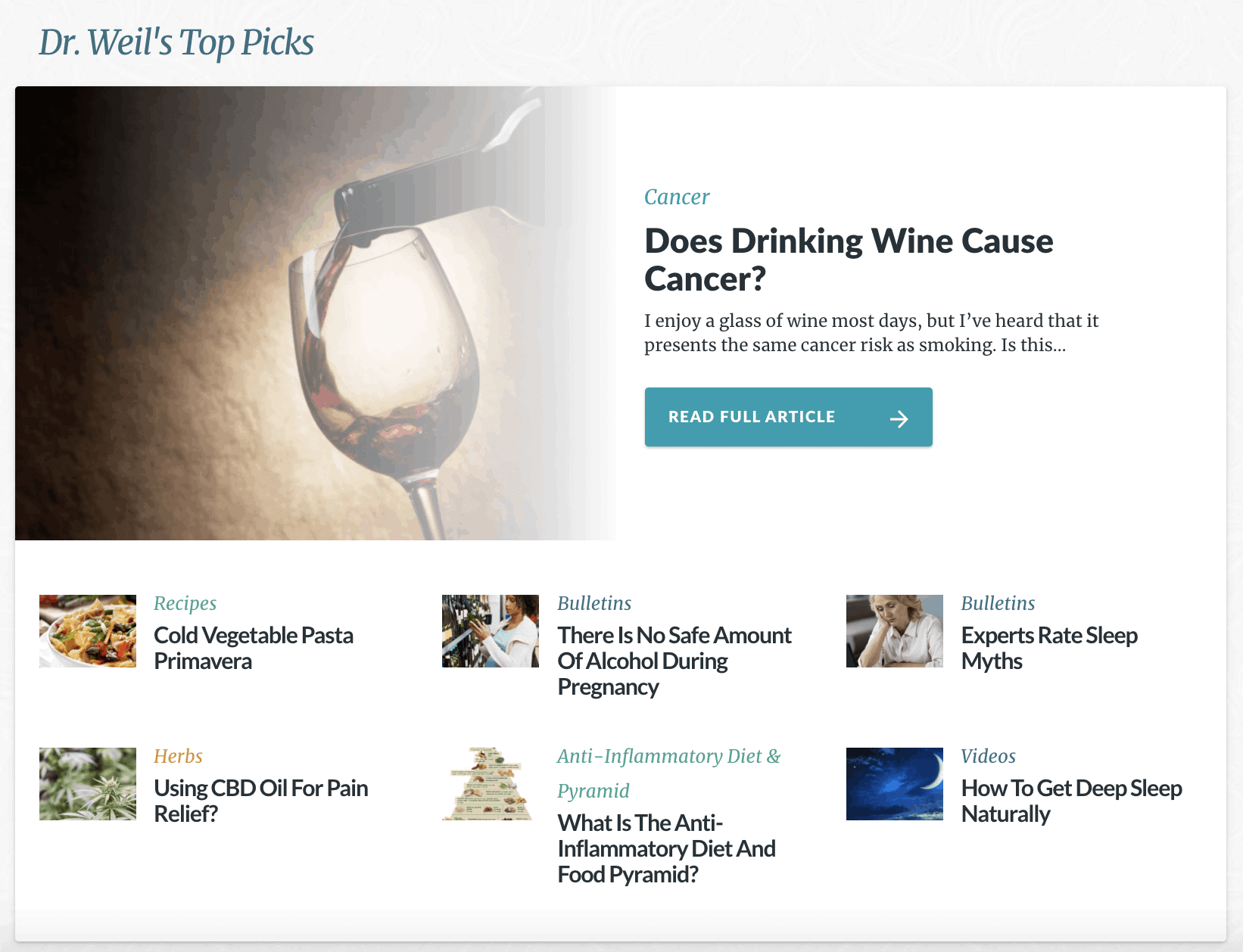
By taking his expertise and authoritativeness in his industry and providing the science to improve his trustworthiness, Dr. Weil can improve his Google rankings in a niche that is tricky to optimize.
Whether your website contains financial and medical content or not, following Google’s EAT guidelines is a critical step to improving your website’s ranking. This, like all of SEO, is a long-term strategy with no overnight success. But by focusing on these measures consistently, you’ll be EATing your competition soon enough.
If you’re ready to get started with EAT but not sure about the best content for your niche, let’s talk. Send us a message or give us a call at (415) 640-8009.
